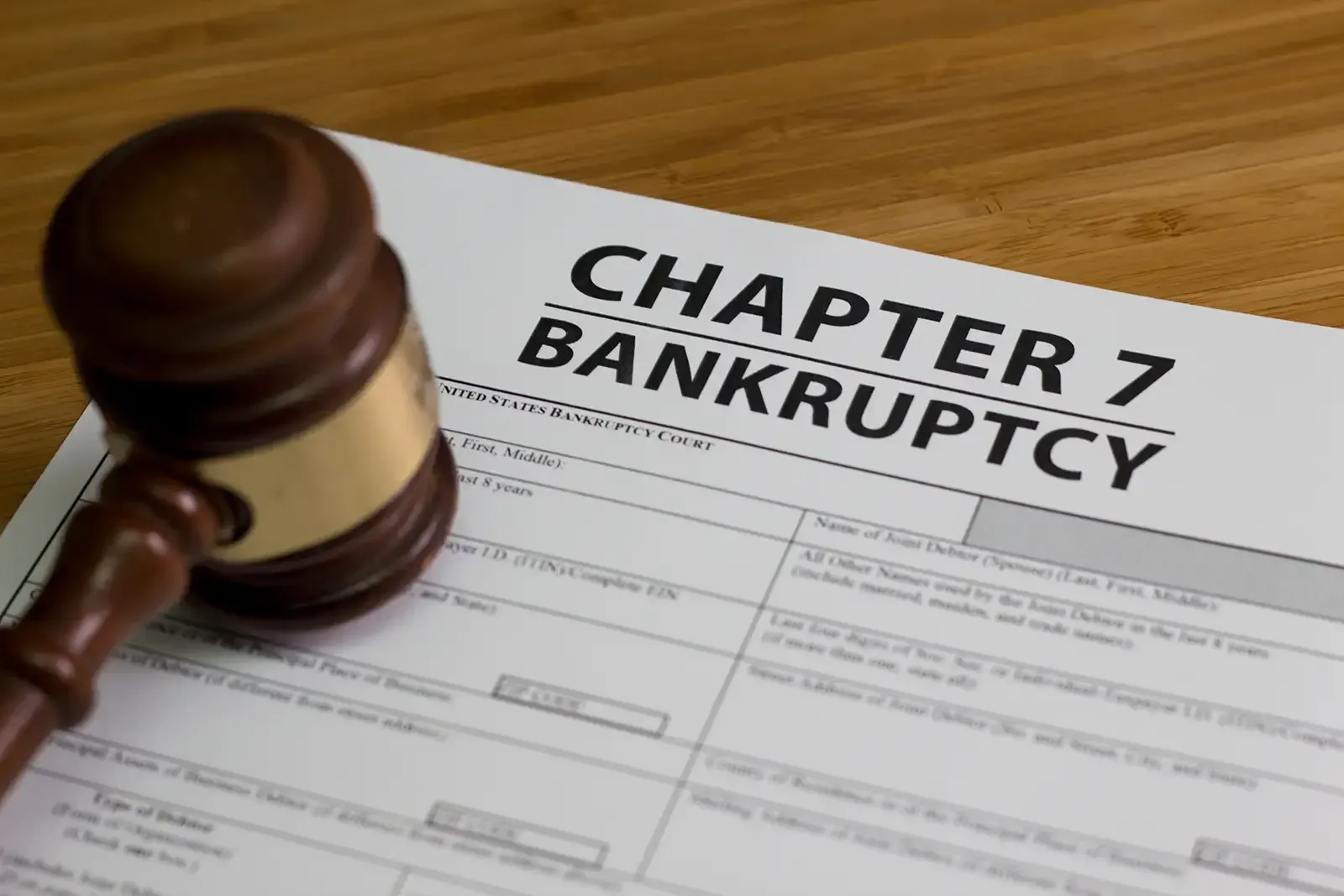What are the key elements of employment contracts?
Imagine this: You’ve just found the perfect candidate to join your growing business. You’re excited to bring them on board and watch your company thrive. But before they start, there’s one important step you can’t skip – creating a solid employment contract.
This document isn’t just a formality; it’s a cornerstone of your business relationship. So, how do you make sure it covers all the bases? Let’s break down its key components.
The crucial components of an employment contract
A comprehensive employment contract can protect both your business and your new hire. Here are the basic elements to incorporate in the document:
- Job information: The first step in crafting an employment contract is clearly outlining the job information. This includes the job title, a brief description of duties and the employee classification.
- Compensation and benefits: The contract should detail the employee’s compensation, including salary or hourly wage. Don’t forget to include any benefits, such as health insurance, retirement plans or bonuses. It’s also critical to specify leave policies in the contract.
- Employment period: An employment contract should clearly state the expected work schedule and the period of employment. Is the position permanent or for a specific project? Are there core working hours, or is there flexibility? This information helps set the pace for a healthy work-life balance and aligns the employee’s availability with the company’s needs.
- Confidentiality and privacy: The contract should include a confidentiality clause to protect sensitive company information. Outline privacy expectations and the employee’s responsibilities in maintaining this confidentiality.
- Termination and severance: The agreement should also address the terms for ending the employment relationship. This includes conditions under which termination may occur and any severance packages.
Crafting a comprehensive employment contract is essential for any entrepreneur. It can prevent legal disputes and provide both parties with peace of mind.
The importance of a detailed employment contract
Think of an employment contract as a blueprint for a successful working relationship. It’s not just a legal necessity but a way to set clear expectations and create a positive work environment. By getting it right, you protect your business and show your new employees that you value their contributions.









